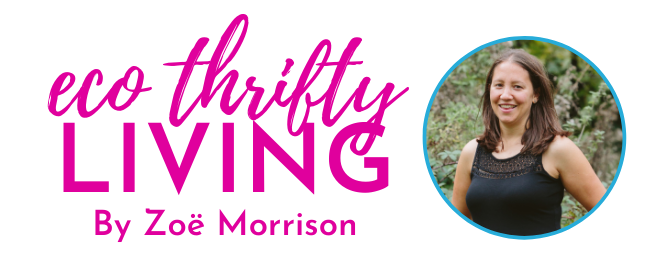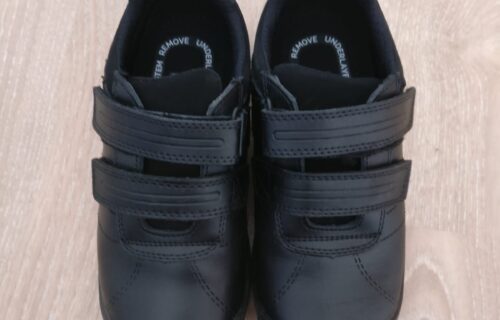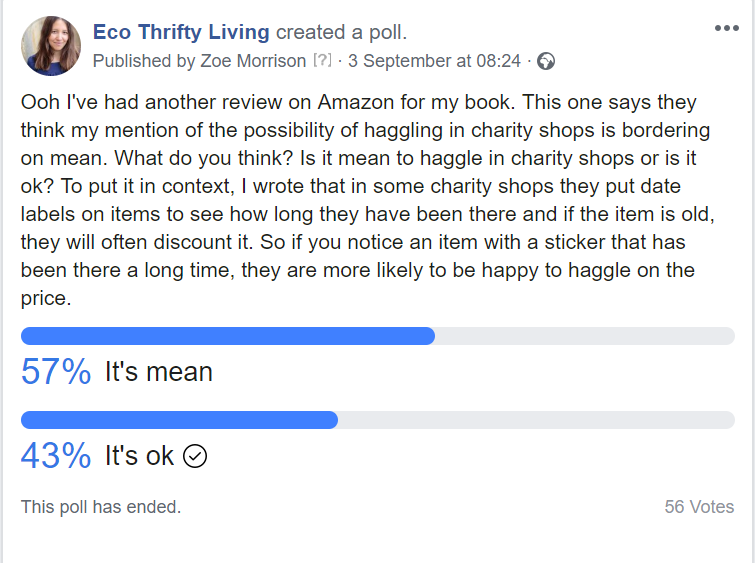
Is it ok to be given clothes for free by a stranger?
 I get emails from Freegle and Freecycle daily, often several times a day and less frequent ones from Streetbank. If you haven’t already heard about them, they are sites via which people can give their stuff away for free. There are no charges to sign up and no-one can ask for anything (be it money or other stuff) in return for their stuff. Basically they are brilliant and I can’t remember what life was like before I discovered them. Whenever I get the emails I try to have a quick look through and although sometimes it seems as though there is nothing interesting on there for ages, at others I find loads of things that would be useful.
I get emails from Freegle and Freecycle daily, often several times a day and less frequent ones from Streetbank. If you haven’t already heard about them, they are sites via which people can give their stuff away for free. There are no charges to sign up and no-one can ask for anything (be it money or other stuff) in return for their stuff. Basically they are brilliant and I can’t remember what life was like before I discovered them. Whenever I get the emails I try to have a quick look through and although sometimes it seems as though there is nothing interesting on there for ages, at others I find loads of things that would be useful.£350 not spent!
By using Freegle we saved ourselves bucket loads of money – if I had to hazard a guess and priced each item at an average of £7 (most of it was branded stuff) this lot could have cost us around £350! The clothes were in really good condition and many looked as though they had been hardly worn. As I was sorting through all the clothes though I asked myself three questions:
Question 1: Is it fair that the family who gave us these clothes must have spent so much money on them and we just got them for free?
My answer to myself was this: just because I could go out and buy new clothes (if I really needed to) it doesn’t mean I should. Getting pre-loved clothes for my kids is by far the most eco-friendly option (at the moment). It saves all the environmental impact of making, transporting and selling new clothes and saves them from landfill after being used. We will give away the ones we don’t need. My older son will wear these clothes, then his younger brother and then any that survive will be passed on to someone else. Anything that doesn’t survive will get recycled. Nothing will go to waste.
Question 2: Is it fair that we got these clothes for free when there are probably families out there who need them more than we do?
This is a tricky one. Those families could also get clothes for free (or very cheap) via sites like freegle, freecycle and in charity shops. I guess you could argue that if I hadn’t snapped them up someone else would have had a chance to. However there would have been no guarantees that they would have gone to people who needed them more than us. Plus if we had bought the clothes really cheaply at a charity shop I probably wouldn’t have thought twice about taking the opportunity away for someone else to buy those clothes so cheaply – why does their being free make a difference?
Thinking of those families who are in need, we could give money to charity each time we get clothes for free, or we could just keep doing what we are doing and keep giving away the things we don’t need (read more here) so that someone else can use them (whether they can afford to buy them or not) as the more people that give to each other, the more it is likely to encourage other people to give (well that is my theory anyway – see more in the answer to question 3 about this).
Question 3: Does it need to be fair?
The best type of gift is one that is given with nothing expected in return. Things given away on Freegle and Freecycle are gifts from one stranger to another. To take it further, the argument in favour of a moneyless society as put forward by the Moneyless Manifesto (you can read it for free here), is roughly this:
- In nature a tree doesn’t charge you for eating it’s fruit, the worm doesn’t charge the plants for churning up the soil and making it easier for them to spread their roots, things are given with no expectation of return and that is what makes everything i.e. whole eco-systems work. Every part of the system gives and receives, but none of the creatures keep track of, or any kind of account of what they are giving and receiving.
- In contrast human beings like to keep track of who owes who what, in order to make exchanges equal and ‘fair’. However by putting a monetary value next to things e.g. this tree is worth £60 if I chop it down and turn it into paper and that one is worth £300 if I chop it down and turn it into a table, it seems to imply that swapping a tree for money is fair and equal. However that money cannot even begin to account for the impact taking that tree out of that vastly interconnected eco-system will have upon the environment as a whole and on us collectively and as individuals. Plus once all the trees are gone, all the money in the world can’t bring those trees back.
- The other argument that the Moneyless Manifesto gives against monetary exchange is that it severs relationships. Once I have paid you my money I owe you and everyone else nothing. If I receive something as a gift though, I feel a variety of emotions including gratitude and a desire to reciprocate in some way – this system builds relationships.
So I fully and wholeheartedly support sites like Freegle, Freecycle and Streetbank, which are helping to move us towards a society where people give and receive freely. A society where we can replace a system of exchange and transaction and the ensuing environmental degradation with intricate networks of good relationships and a culture of sharing and I highly recommend signing up to them!
P.S nearly forgot to mention the plastic free element of this – the lady did put all the clothes in a plastic bag, but if I had bought these new or secondhand, they would have all come with price tags on them most likely held together with plastic and some may have even come in disposable plastic packaging, so getting clothes for free is a good way to get them without excess plastic packaging!
I am currently undertaking a Year of Eco Challenges . If you have a moment I would really appreciate it if you would consider sponsoring me with an action on my DoNation page. Also if you liked this post please click like on Facebook and follow on Twitter – thanks so much!





I feel the whole free-sites thing: although a brilliant concept and a social ideal is sometimes 'abused'. There are people who make a living out of ebay. They snap up items from freegle, then sell them on. Ethically I have a problem with this.
Charity shops are not cheap… not anymore. However, car boot sales are for kids clothes, where they are often sold in bundles for a couple of pounds.
Well there are supposed to be rules on those sites that people shouldn't sell things on afterwards. I think though that either way it is better that things get reused rather than dumped in landfill.
It is a bit of a moral hazard but I feel that if I give away stuff and occasionally pick something up that I need as well then the balance of karma is restored. As mentioned above the system is open to abuse but I think the percentage of people doing that is very small compared to those using it for its intended purpose. Like you say it's not just about helping out the less fortunate, it's also about swapping things and creating a sharing economy that stops things going to the dump!
Very true TheFIREstarter!
I think we need to be happy just to give, no matter what happens to the item once it's purchased. If it gets resold, so be it. The person who resells it is happy, so we should be too. I have put things for free on sites before, when I know I could have sold them, but it was more important to get things out of my house. The person who gets the item is so happy that it's free, and I'm happy to see the item go! Favors all around! 🙂 Also, I don't think thrift shops are really considered "charity shops" anymore. They may benefit a charity, but thrifting is so common now, that most people donate knowing that the donations might not go to the "most needy". We donate knowing that we're keeping items in circulation and out of the landfill.
Replying to comment in Facebook section of comments, but I'm not on Facebook, so can't reply in that section. So here I am!
I party disagree. Maybe the woman giving the clothing looked at it as a collection. She could have easily tossed the bag of clothes into a donation bin and been done with it, but she chose to find someone who would take the clothing as one lot. I don't know about you, but I feel a strange connection with my kids' clothing, so I like to pass it on to someone I know. I bet this woman, when she met you to give you the clothing, enjoyed the opportunity to look into another mother's eyes, knowing her son's clothing would be going to another young growing boy, who would appreciate them. Sorry, being sentimetal about clothes, but that's the way I feel. 🙂 Also, that is a big bundle of clothes, but I see short and long sleeves (so covers all seasons), and at 6-7, stains happen. So a good selection of shirts is a bonus!